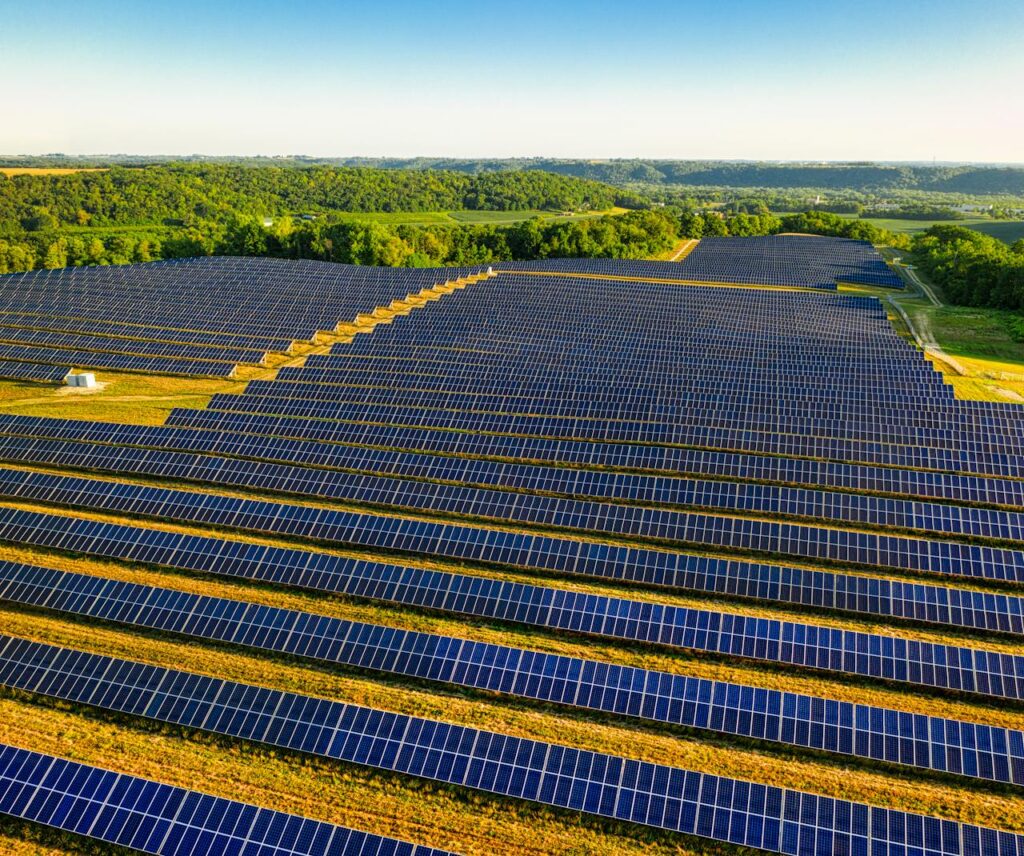Solar farm decommissioning refers to the systematic dismantling and removal of solar power installations once they have reached the end of their operational life.
As solar technology continues to advance, understanding the decommissioning process becomes increasingly important.
The decommissioning of solar farms must be conducted with precision and adherence to regulatory standards to ensure minimal environmental impact.
The Lifecycle of a Solar Farm
Solar farms are typically designed to operate for 25 to 30 years. During this period, they generate clean energy, contribute to the reduction of carbon emissions, and provide a sustainable power source.
However, like all infrastructure, solar farms eventually reach a point where they are no longer efficient or viable. At this juncture, decommissioning becomes necessary for the solar products.
Key Steps in Solar Farm Decommissioning
- Planning and Permitting: The decommissioning process begins with comprehensive planning. This includes obtaining the necessary permits and adhering to local and national regulations. In the UK, planning authorities often require decommissioning plans as part of the initial project approval.
- Site Assessment: A thorough assessment of the site is conducted to determine the best approach for dismantling. This involves evaluating the condition of the solar panels, inverters, mounting structures, and other components.
- Dismantling and Removal: The physical process of decommissioning involves the careful dismantling of all solar farm components. Panels are removed from their mounts, electrical systems are disconnected, and structural elements are taken down. Specialised equipment and skilled labour are essential to ensure this is done safely and efficiently.
- Recycling and Disposal: One of the most critical aspects of solar farm decommissioning is the responsible recycling and disposal of materials. Solar panels, in particular, contain valuable materials such as silicon, glass, and metals that can be reclaimed. PV Recycling plays a pivotal role in ensuring that these components are processed correctly, reducing waste and environmental impact.
- Land Restoration: After the removal of all infrastructure, the site is restored to its original state, or as close to it as possible. This may involve soil remediation, replanting vegetation, and other restorative activities. The goal is to ensure the land can be used for agriculture, wildlife habitat, or other purposes, depending on its previous use and future plans.
Challenges in Solar Farm Decommissioning
While the process is straightforward in concept, several challenges can arise during solar farm decommissioning:
- Financial Considerations: The cost of decommissioning can be substantial. It is crucial for project developers to set aside funds throughout the operational life of the solar farm to cover these expenses.
- Environmental Impact: Minimising the environmental impact of decommissioning activities requires careful planning and execution. This includes managing waste, preventing soil contamination, and ensuring that recycled materials are processed responsibly.
- Regulatory Compliance: Navigating the regulatory landscape can be complex. Compliance with local, national, and sometimes international regulations is essential to avoid legal issues and fines.
The Importance of Responsible Decommissioning
As the number of solar farms in the UK grows, the importance of responsible decommissioning cannot be overstated. Properly managed decommissioning ensures that the environmental benefits of solar energy are not offset by negative impacts at the end of a solar farm’s life. It also helps to maintain public trust in renewable energy technologies.
PV Recycling is committed to supporting the solar industry in this vital phase. By providing expertise in the recycling of photovoltaic materials, we help to close the loop on solar energy production, ensuring a sustainable and environmentally friendly end-of-life process for solar farms.
Solar farm decommissioning is a critical aspect of the lifecycle of solar power installations. In the UK, where renewable energy is a key focus, ensuring that decommissioning is done responsibly is essential for maintaining the integrity and sustainability of the industry.
With proper planning, adherence to regulations, and a focus on recycling and environmental restoration, solar farms can continue to contribute to a greener future long after their operational life has ended.

